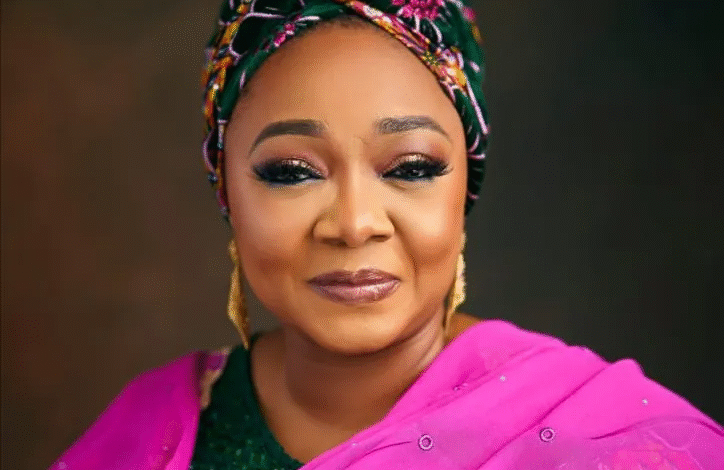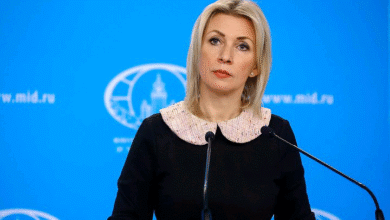Nigeria Adopts New Menstrual Health Policy, Scraps Sanitary Towel Tax
Nigeria Adopts New Menstrual Health Policy, Scraps Sanitary Towel Tax

The Federal Government, alongside key stakeholders, has finalized the National Policy on Menstrual Health and Hygiene Management (MHHM) to address challenges faced by women and girls.
Speaking at the policy validation meeting in Abuja on Friday, Hajiya Imaan Sulaiman-Ibrahim, Minister of Women Affairs and Social Development, hailed the policy as a vital step to ensure menstruation does not hinder any woman or girl.
Represented by Dr. Maryam Keshinro, the minister praised President Bola Tinubu’s recent decision to remove taxes on sanitary towels, highlighting his commitment to gender equity and public health.
She emphasized that women aged 15 to 49 make up roughly 25 to 30 percent of Nigeria’s population, with millions managing menstruation each month.
“Alarmingly, 15 per cent of girls aged 15 to 19 are already mothers or pregnant, and over 7.3 million adolescent girls and women suffer from undernutrition.
“With 55 per cent affected by anaemia; conditions that can be exacerbated by poor menstrual hygiene and lack of affordable sanitary products,” she said.
She explained that these realities further justify the urgency of the national policy validation, adding that menstrual health is not just a women’s issue; but a family, community, and national development issue.
“Every month, from bustling cities like Lagos, Abuja, Port Harcourt, and Kano, to remote villages in Borno, Benue, Cross River, and Sokoto, as well as IDP camps in Maiduguri, Zamfara, and Adamawa, millions of women and girls experience menstruation.
“It is a normal biological process that should never be a source of shame, stigma, or economic hardship,” she said.
The minister highlighted inadequate access to sanitary products, poor WASH infrastructure, lack of accurate information, and persistent cultural taboos as factors that have contributed to exclusion, absenteeism from school, and preventable health challenges.
She added that the development of the policy will address these realities; break the silence, eliminate stigma, and embed MHHM into the national development agenda across health, education, water, sanitation, and gender sectors.
According to her, the policy will set a clear vision by 2030 which includes that no girl in Nigeria should have to choose between managing her menstruation and pursuing her education.
“No woman should be hindered in her personal or professional development because of menstruation; and no community should sustain stigma or exclusion linked to it.
“Implementation will require strong collaboration across sectors, political will, and active participation from states, communities, and development partners,” she said.
The minister, therefore, expressed appreciation to partners; particularly Population Services International and WaterAid Nigeria for their support in addressing menstrual health and hygiene challenges.





https://shorturl.fm/vEHyy
Với công nghệ tiên tiến, QQ88 mang đến tốc độ giao dịch nhanh chóng và ổn định tuyệt đối. Kho trò chơi đa dạng cùng tỷ lệ trả thưởng cao giúp người chơi luôn hài lòng. Chọn QQ88 là chọn sự uy tín và chất lượng hàng đầu.
Với nền tảng công nghệ hiện đại, QQ88 đảm bảo tốc độ giao dịch nhanh chóng và ổn định tuyệt đối. Kho trò chơi phong phú cùng tỷ lệ trả thưởng hấp dẫn luôn làm hài lòng người chơi. Lựa chọn QQ88 là chọn sự uy tín và khác biệt.